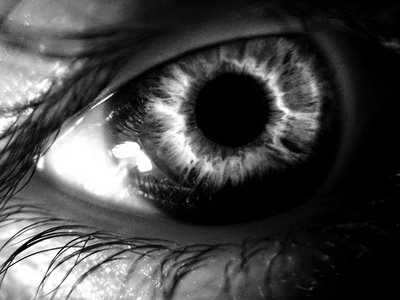 Recently, Mirtika at Mirathon observed the “undeniable beautifying power of love”—first in the Julia Roberts-Hugh Grant Notting Hill and then in her own life:
Recently, Mirtika at Mirathon observed the “undeniable beautifying power of love”—first in the Julia Roberts-Hugh Grant Notting Hill and then in her own life:At one point, Tim McInnerny, a man with a boyish smile that most (if not all) would hesitate to call handsome (long, scrawny neck, unremarkable features, balding, and the image of Lord Percy from BlackAdder is persistent) looks over at Gina McKee (who plays his paraplegic wife) as she's recounting how they will never have children. He's looking at her with such complete love and adoration, comforting her with his unguarded gaze...that he transforms into an attractive man. A spell-binding fella, even. Just like that.I really like this, how Mir’s tapped into the beautiful and true, into something about the nature of love: Love is powerfully transforming—perhaps one of the most powerful forces we encounter in this life on earth.
It happens again, briefly, and less potently, when he scoops her into his arms and refuses to drive off without her in the car. Lovely.
There's something powerful in someone being loving, being kind, being tender, being comforting, being good. It makes a dorky, skinny girl lovely and it makes a funny looking actor handsome. If only to the subject moved the by the powerful emotions displayed.
I've always said that I'll know if (God forbid!) my husband ever ceases to love me. He will no longer look at me with that look that say, "Gosh, I'd rather look at you than anything in the universe. You are gorgeous!"
I am not gorgeous. I'm fat, out-of-shape, unphotogenic, zit-laden, cellulite-riddled, saggy, and middle-aged. But he looks at me and speaks to me as if I were Angelina Jolie, but with better legs. That is love changing his eyeballs. That's love, altering perception.
It's a phenomenon to which I am quite indebted. And grateful.
So, there's a good reason to be kind, good, comforting, sweet, tender. There's a good reason to let yourself beam out the wonderful things you feel about others. It makes you look BETTER. To someone. Especially, I'd think, to the one who causes the fine feelings to grow and flow out of you.
To love like that seems to me to be one of those things, one of those capacities, we carry with us as beings created in the image of our God, who John says is Love. And, amazingly, in the Kingdom that expression of and incredible ability to love so transformingly is amplified. Somehow, as we live in God and his Kingdom, the capacity we carry as human beings to love just by being created in the image of God explodes. Its power and saturation expands, deepens, broadens, widens.
When Jesus loved in flesh and blood, people were utterly and astoundingly transformed from the inside out. And when we realize Jesus loves us like that now, when we start getting a grasp on the depth and breadth of God’s love for us, we can’t contain it. And it spills out of us, not only on our husbands, wives, children and friends, but on those we encounter as we go. And when that love spills out of us, not only do others transform but we do ourselves. And we transform like all those who experience Jesus' love: from the inside out.
(Image: by Cattrin at flickr; Some rights reserved)